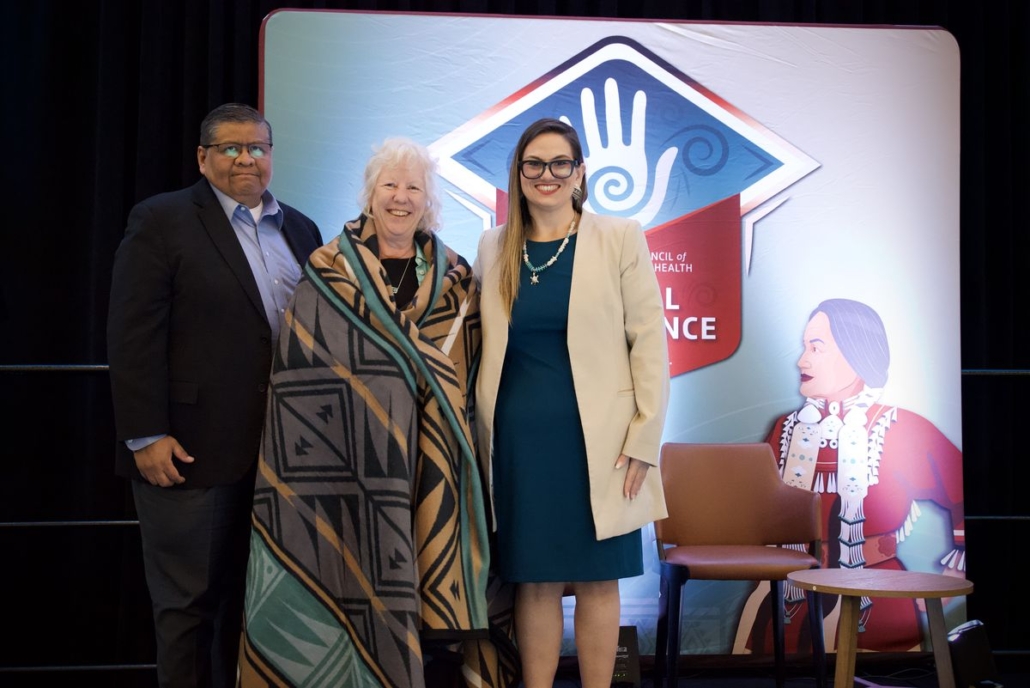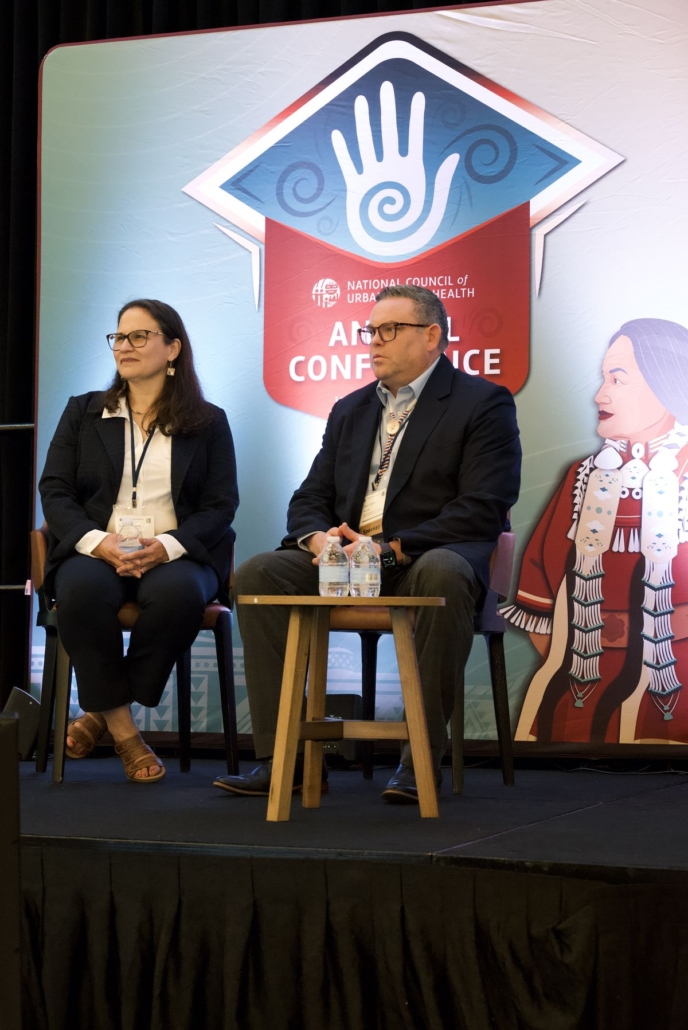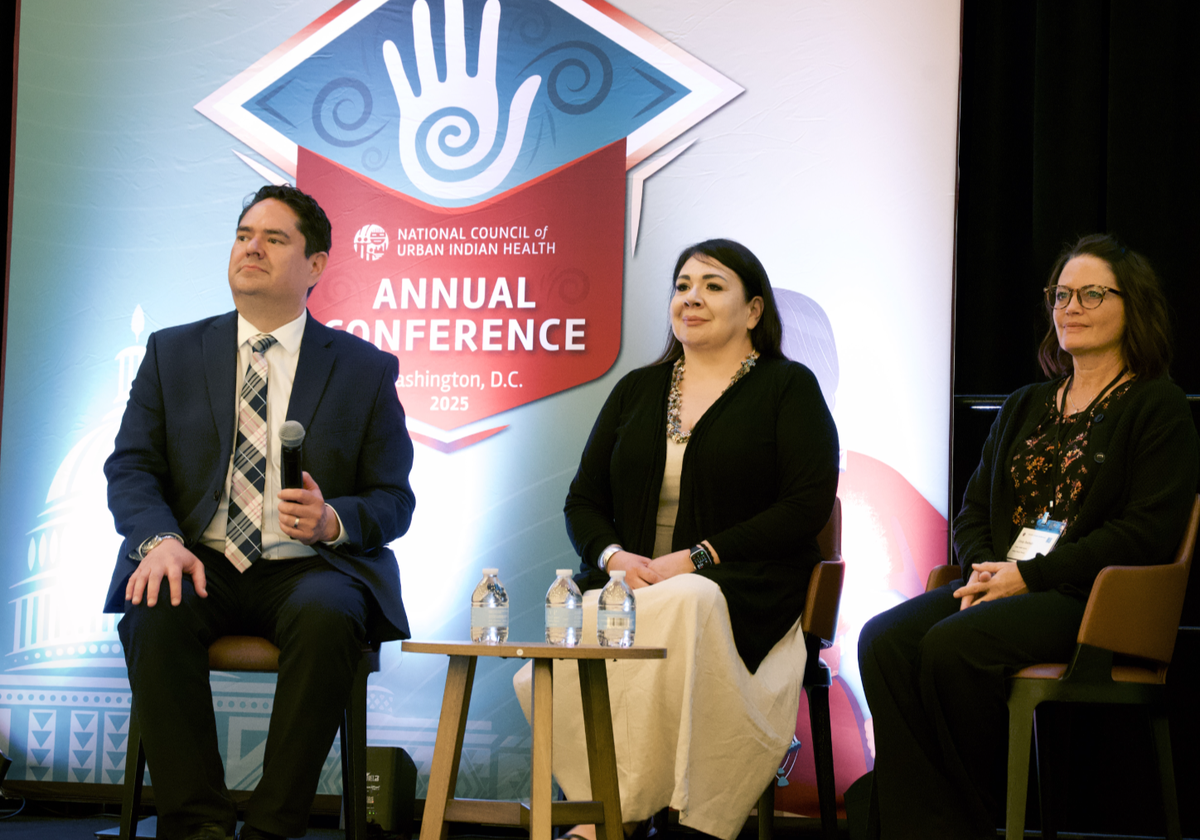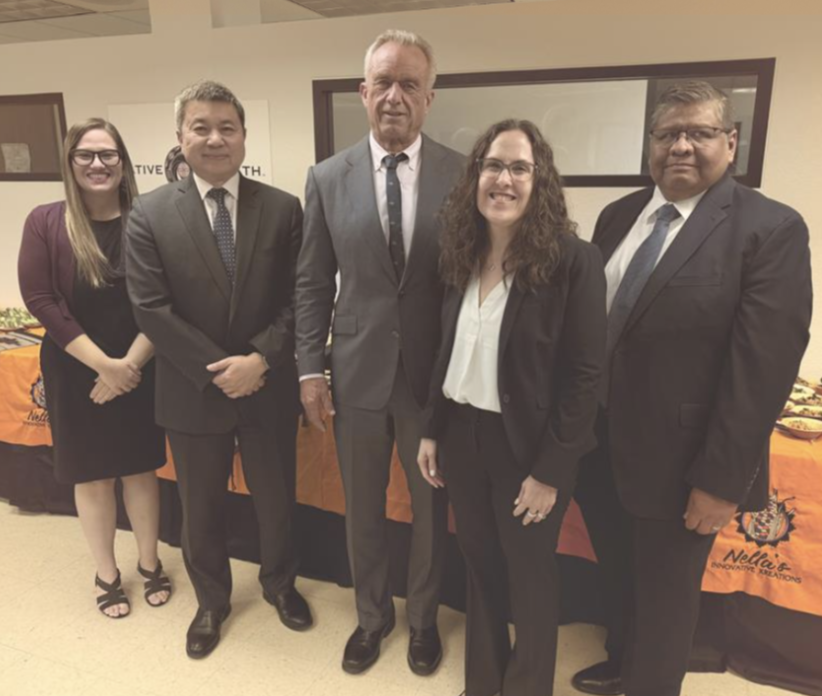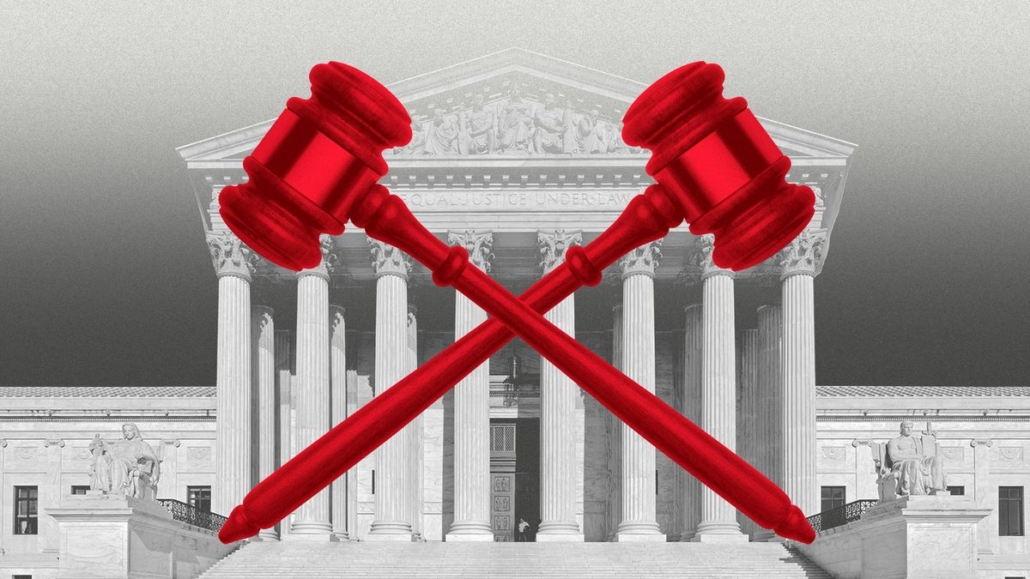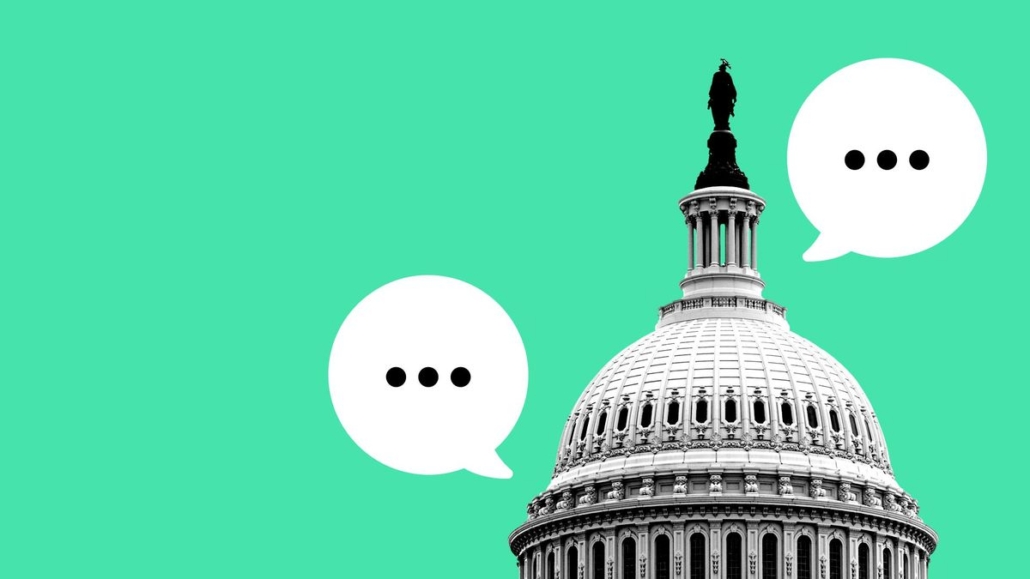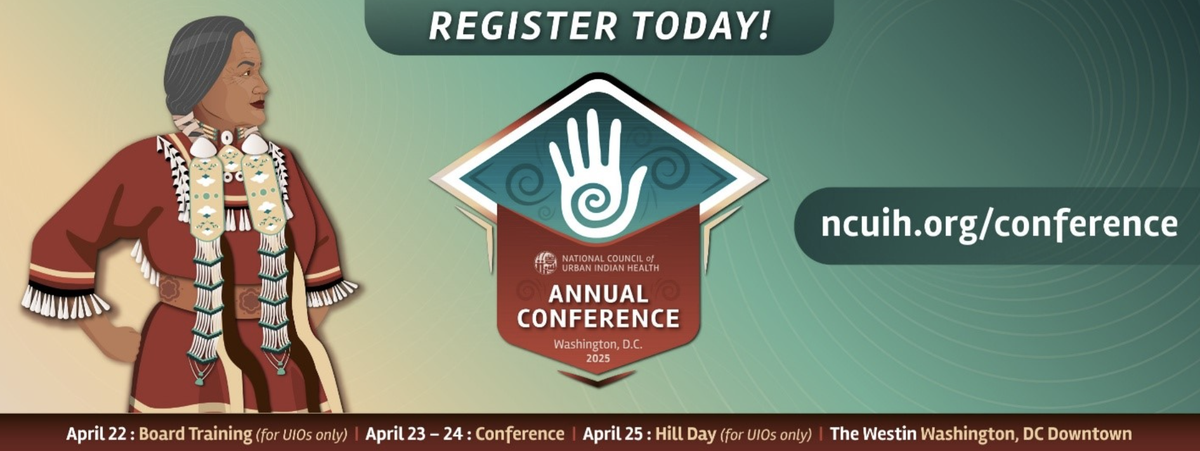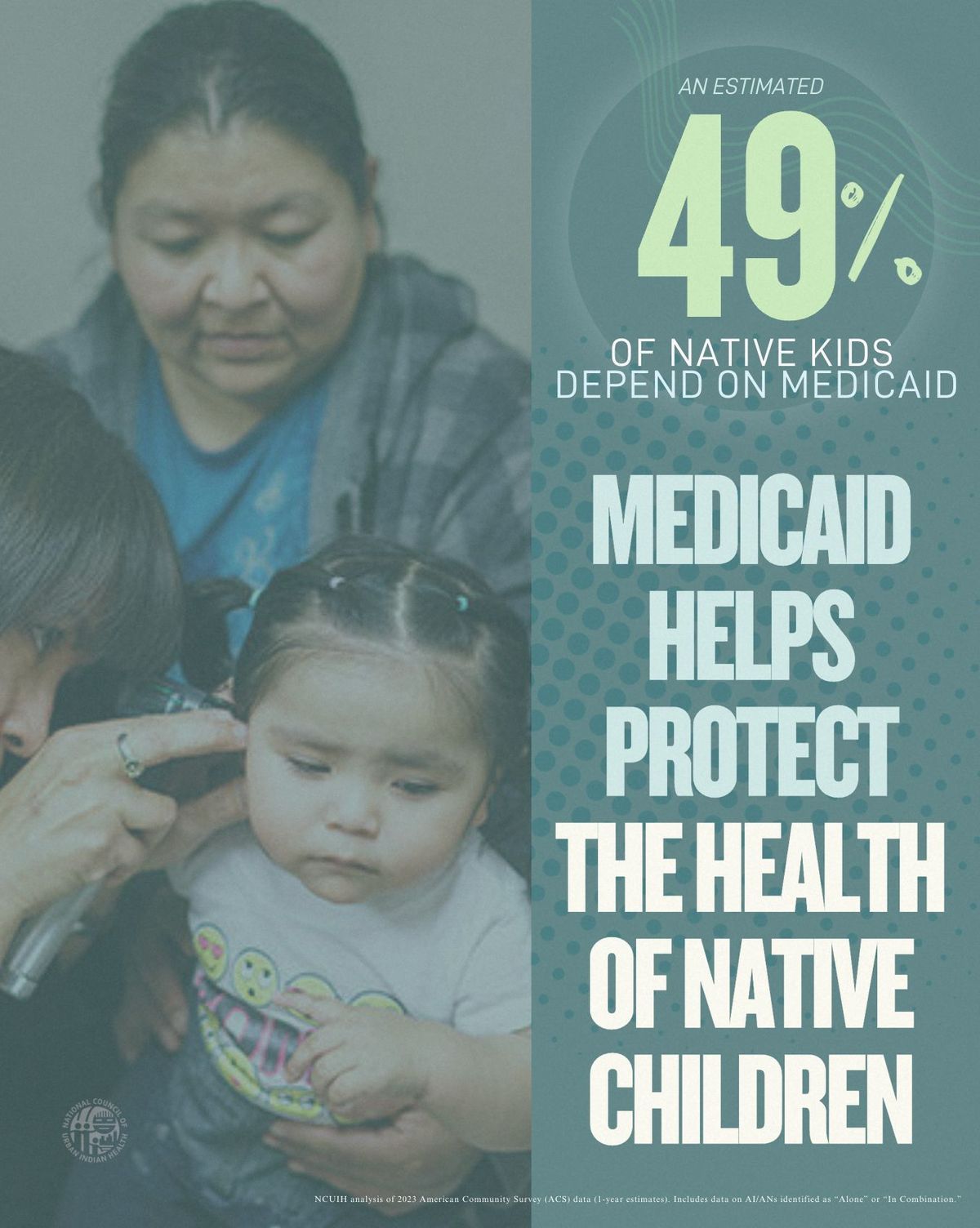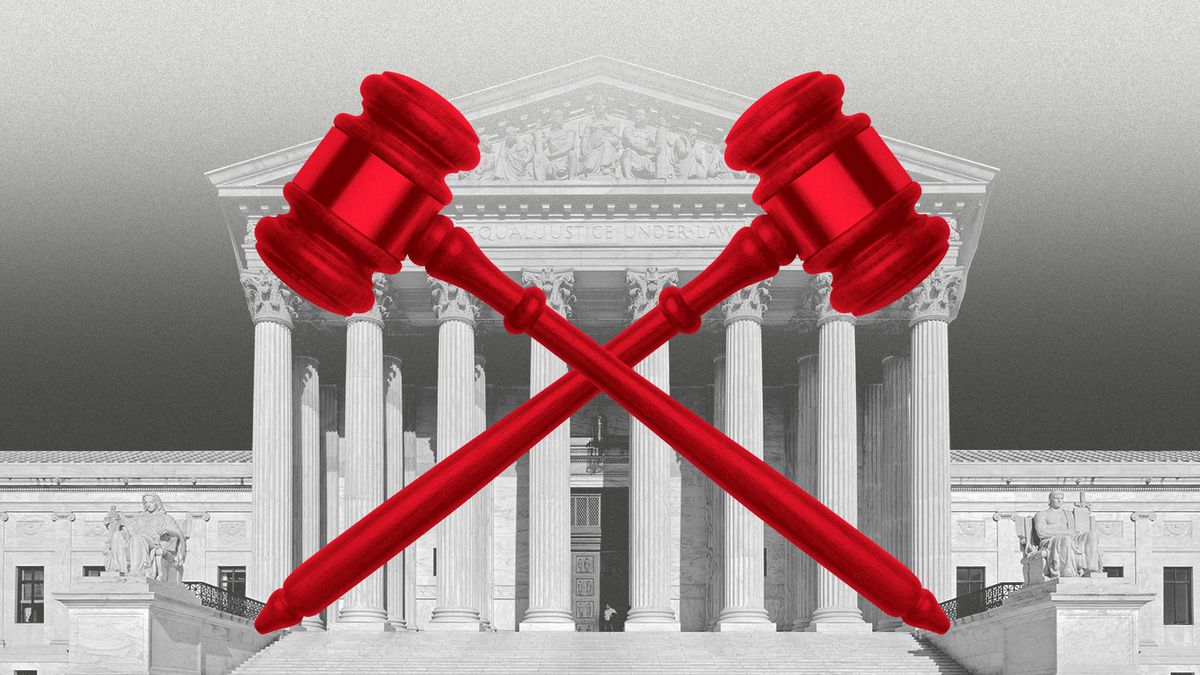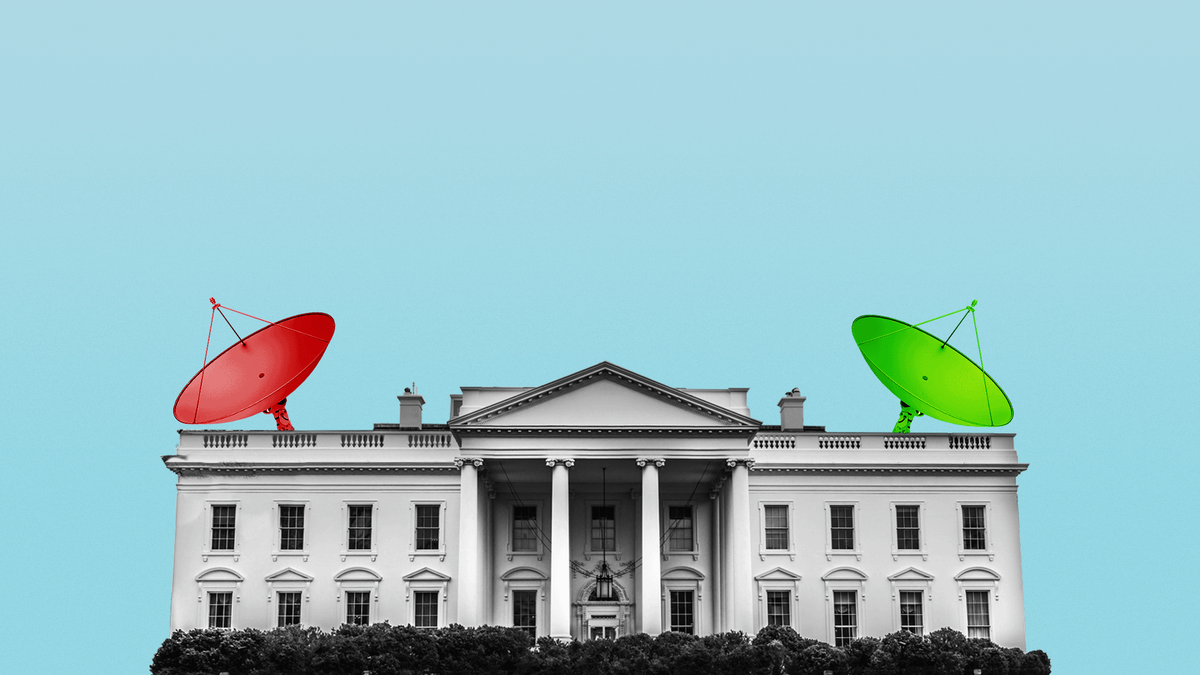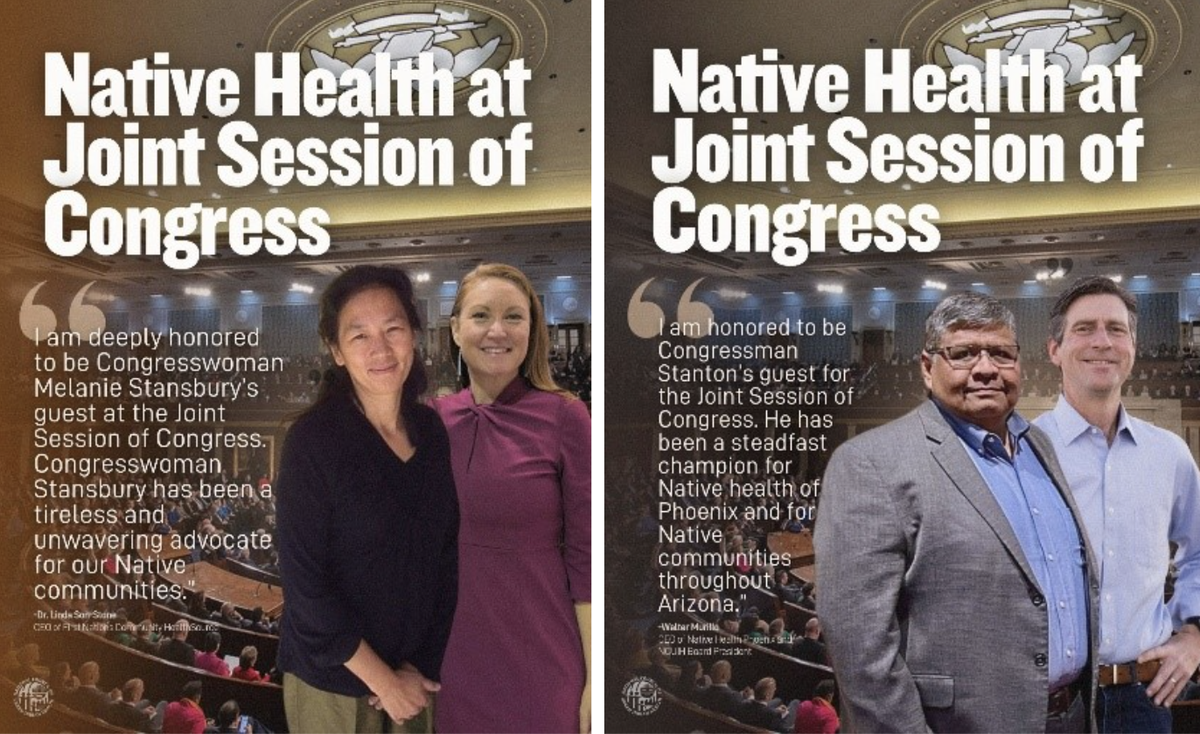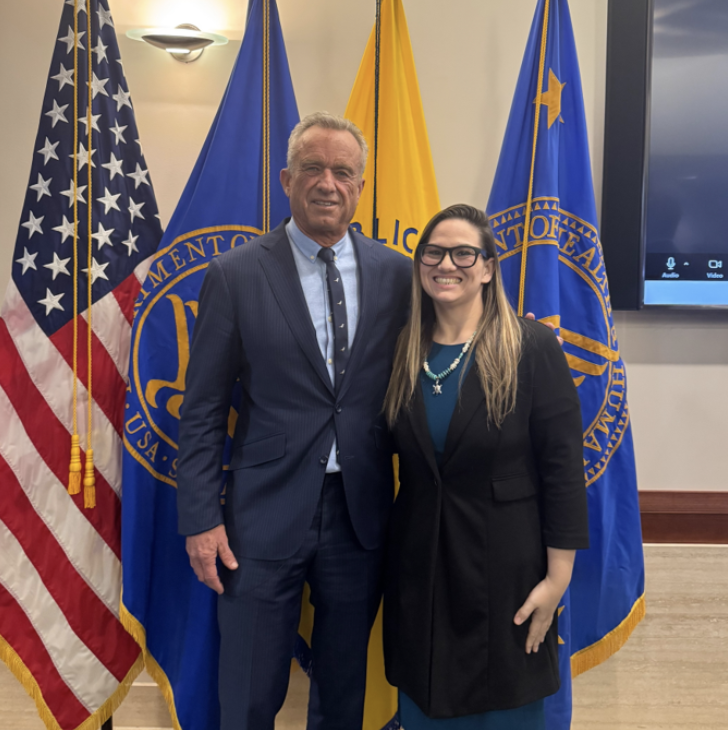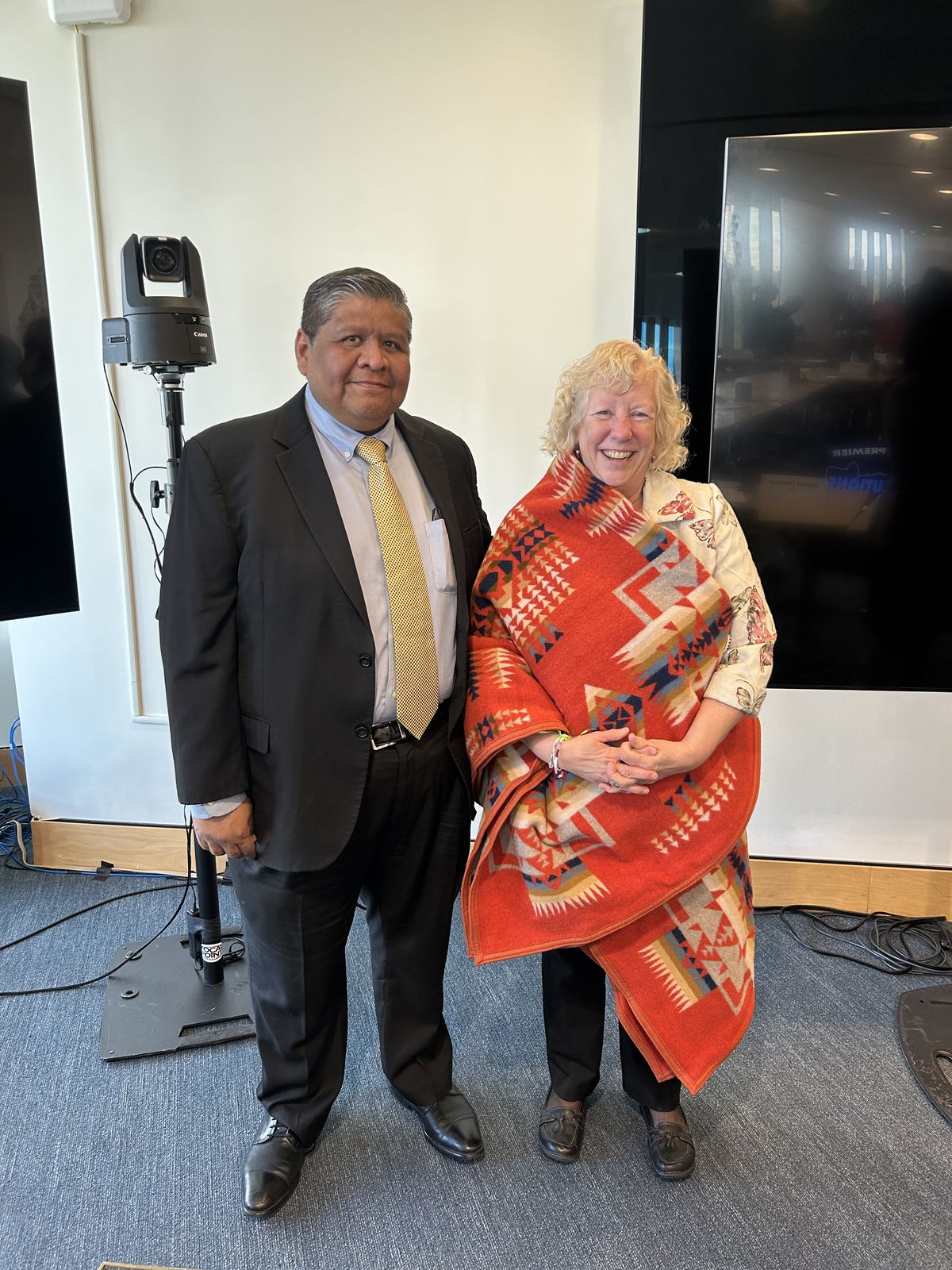Action Alert: Contact Congress to Protect Funding for Indian Health TODAY
Dear Advocates,
We need your help contacting Congress to support access to health care for Native communities!
Representative Teresa Leger Fernández is leading a letter to support funding for Urban Indian Health in the FY26 budget. The letter also includes a request to retain advance appropriations for the Indian Health Service (IHS) in FY27 and protect IHS from sequestration.
While the President’s budget says IHS funding will be preserved, it is crucial to notify Congress of your support for IHS and Urban Indian Health. We encourage you to contact your Member of Congress and request that they sign on to the Leger Fernández Urban Indian Health letter.
You can use the text below as a template to call and/or email your Representative. If you can please, call and email your representative. You can find your representative here.
Thank you for your leadership. Your outreach on this is invaluable to providing greater access to health care for American Indian and Alaska Native people.
Sincerely,
The National Council of Urban Indian Health
Ways to Advocate
Contact Congress | Post on Social Media
CONTACT CONGRESS
Step 1: Copy the email below.
Step 2: Find your representative here.
Step 3: Go to their website and click contact.
Step 4: Paste the email into the form and send. Please contact Jeremy Grabiner (policy@ncuih.org) with questions.
Email to Your Representative
Dear Representative [NAME],
As an urban Indian health advocate, I respectfully request that you sign on to the Leger Fernández letter to the House Committee on Appropriations in support of funding for the Urban Indian Health line item for FY26.
Indian Health Service (IHS) funded Urban Indian Organizations (UIOs) provide essential healthcare services to patients from over 500 Tribes in 38 urban areas across the United States. As an integral part of the Indian health care delivery system, IHS UIOs are innovative stewards who use scarce federal resources to provide services to American Indian and Alaska Native patients. The Urban Indian Health line item historically makes up only one percent (1%) of IHS’ annual appropriation, and UIOs often only receive direct funding from the Urban Indian Health line item.
The letter requests funding for Urban Indian Health, IHS advance appropriations for FY27, and to protect IHS from sequestration. I respectfully ask that you help honor the federal trust obligation to provide health service to American Indian and Alaska Natives, no matter where they live by signing on to this letter.
Sign on to the letter by reaching out to Sofia Mingote (sofia.mingote@mail.house.gov) with any questions.
Thank you for your leadership and your commitment to urban Indian health.
Sincerely,
[contact information]
POST ON SOCIAL MEDIA
Example post:
We need your help to support urban American Indian and Alaska Native communities! Indian Health Service funded Urban Indian Organizations provide essential healthcare services to American Indian and Alaska Native patients from over 500 Tribes in 38 urban areas across the United States. Call on your Representative TODAY and urge them to sign on to the Leger Fernández Urban Indian Health funding letter.
NCUIH Contact:Meredith Raimondi, Vice President of Policy and Communications, mraimondi@ncuih.org
NCUIH Supports Tribal Sovereignty
NCUIH respects and supports Tribal sovereignty and the unique government-to-government relationship between our Tribal Nations and the United States. NCUIH works to support those federal laws, policies, and procedures that respect and uplift Tribal sovereignty and the government-to-government relationship. NCUIH does not support any federal law, policy, or procedure that infringes upon, or in any way diminishes, Tribal sovereignty or the government-to-government relationship.

